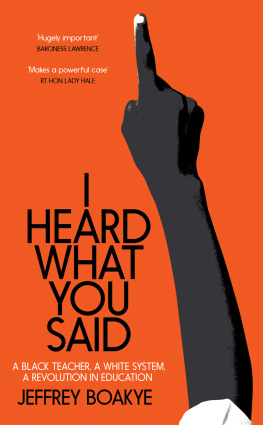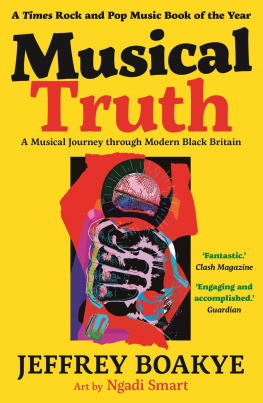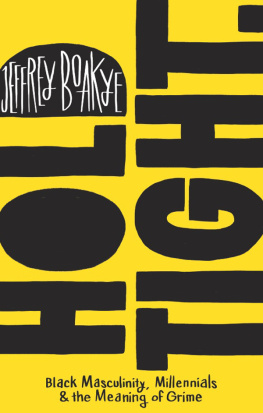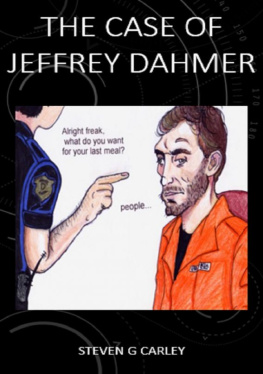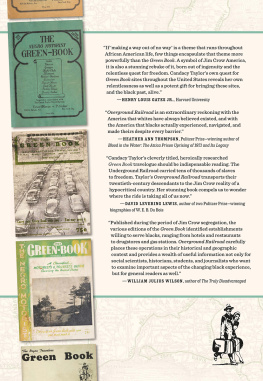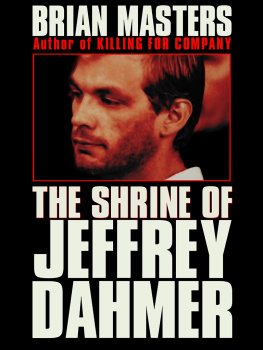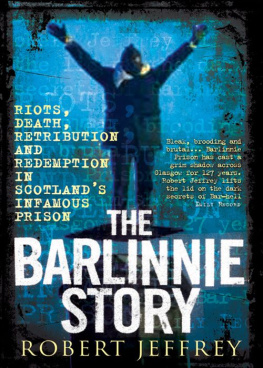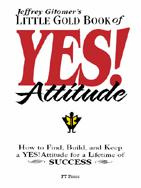Jeffrey Boakye - Black, Listed
Here you can read online Jeffrey Boakye - Black, Listed full text of the book (entire story) in english for free. Download pdf and epub, get meaning, cover and reviews about this ebook. year: 2019, publisher: Little, Brown Book Group, genre: Politics. Description of the work, (preface) as well as reviews are available. Best literature library LitArk.com created for fans of good reading and offers a wide selection of genres:
Romance novel
Science fiction
Adventure
Detective
Science
History
Home and family
Prose
Art
Politics
Computer
Non-fiction
Religion
Business
Children
Humor
Choose a favorite category and find really read worthwhile books. Enjoy immersion in the world of imagination, feel the emotions of the characters or learn something new for yourself, make an fascinating discovery.

- Book:Black, Listed
- Author:
- Publisher:Little, Brown Book Group
- Genre:
- Year:2019
- Rating:5 / 5
- Favourites:Add to favourites
- Your mark:
- 100
- 1
- 2
- 3
- 4
- 5
Black, Listed: summary, description and annotation
We offer to read an annotation, description, summary or preface (depends on what the author of the book "Black, Listed" wrote himself). If you haven't found the necessary information about the book — write in the comments, we will try to find it.
Black, Listed — read online for free the complete book (whole text) full work
Below is the text of the book, divided by pages. System saving the place of the last page read, allows you to conveniently read the book "Black, Listed" online for free, without having to search again every time where you left off. Put a bookmark, and you can go to the page where you finished reading at any time.
Font size:
Interval:
Bookmark:
Published by Dialogue Books
ISBN: 978-0-349-70054-0
Copyright 2019 Jeffrey Boakye
The moral right of the author has been asserted.
All rights reserved. No part of this publication may be reproduced, stored in a retrieval system, or transmitted, in any form or by any means, without the prior permission in writing of the publisher.
The publisher is not responsible for websites (or their content) that are not owned by the publisher.
Dialogue Books
Little, Brown Book Group
Carmelite House
50 Victoria Embankment
London EC4Y 0DZ
www.littlebrown.co.uk
www.hachette.co.uk
Jeffrey Boakye is a writer, teacher and music enthusiast originally from Brixton, London now living and working in Yorkshire with his wife and two sons. He has a particular interest in issues surrounding education, race and popular culture. Jeffrey has taught English in secondary schools and sixth form colleges since 2007 and became a school principal in 2019. His first book, Hold Tight: Black Masculinity, Millennials and the Meaning of Grime was published in 2017.
For Blake, Finlay and Sophie
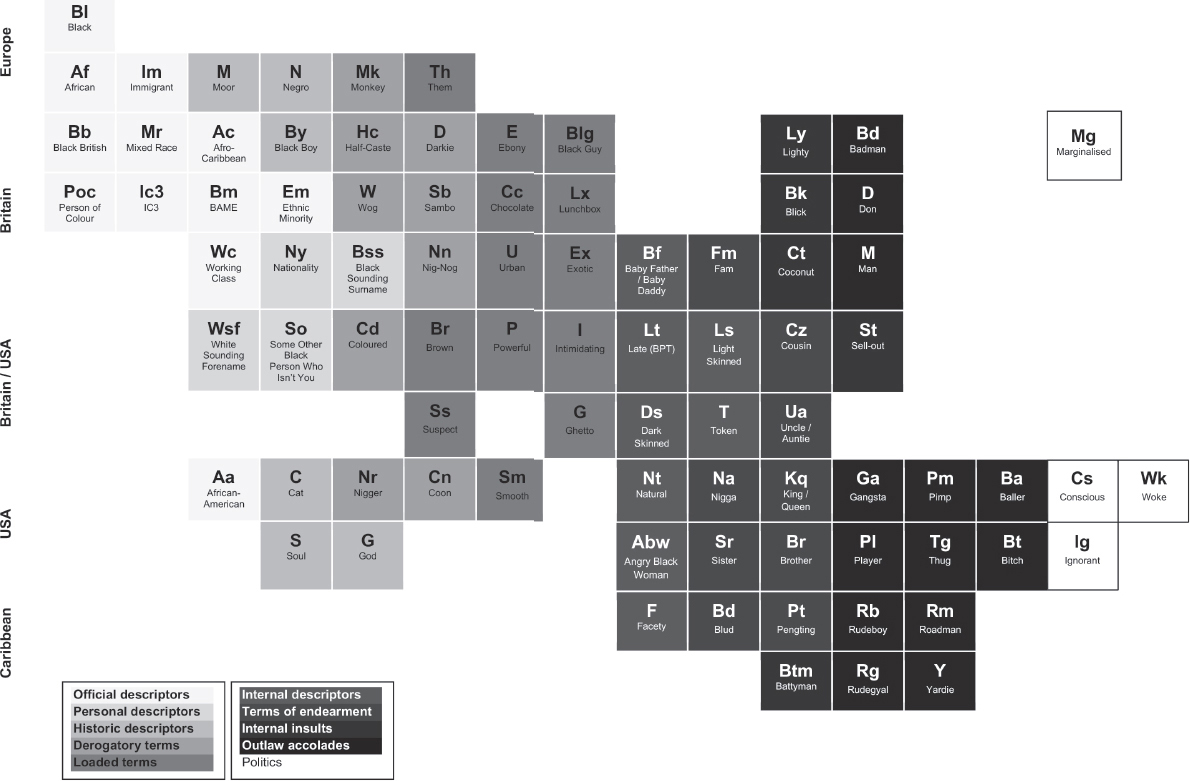

Ive been black since about 1988, when I was colouring in pictures of priests at Corpus Christi Roman Catholic Primary School in Brixton Hill. I remember it well. We were sharing tables and colouring pencils and I looked up to find that there were no more skin colour pencils available in the pencil pot. They were all being used. By skin colour, I mean a shade of pinkish beige that was a pretty spot-on facsimile of what we can call white, European skin. Caucasian colour. With a hint of tan. Tea with an overgenerous splash of milk, if you want to talk beverages. Anyway, a girl whose name Ive long since forgotten started asking around for a skin colour pencil, keen to get her priest finished before playtime. Being the ever-helpful people-pleaser that I am, I shrugged and offered her a brown pencil, thinking, in all my six-year-old wisdom, that illustrated priests could have skin the same colour as mine.
Thats not skin colour, she said.
Its my skin colour, I thought. But I didnt say that. I didnt say anything. What I did do was proceed to colour my priest in with the brown pencil, secretly very unsatisfied with the outcome. I wanted a skin-colour-skinned priest too, you see. Turns out the improvisation wasnt a solution. Hello inadequacy. Have you met otherness? Pleased to make your acquaintance.
There are two big problems with being quote unquote black, and a third, even bigger problem stemming from the fact that the first two problems (stay with me) are totally opposite, but equally true. The first problem with being black is that it is literally not accurate. Spoiler alert: Im not black. No matter how dark my skin is, no matter how dark I appear to be in racist digital cameras with dodgy ISO settings, my skin is not black in hue. Far from it, Im probably something closer to raw cocoa, or coffee, or flat Coca-Cola. Im beverage colour. Black, as a description of skin, is a label. As a description of racial identity its a pretty lazy referent to not any actual blackness, but an essential non-whiteness. Stay with me.
The second problem with being black is that it is absolutely, at least symbolically, true. Because, if nothing else, one thing I can confirm is that I am not-white. Which means that I am whatever not-white is. Im the other thing. The thing that is categorically not white? Ah, yes. Im black.
Blackness as a racial concept is inherently oppositional. Its a binary truth that only works insofar as being the opposite of white, which means that I have spent the vast majority of my consciousness in a state of conceptual conflict. As a label, it does the important job of confirming something that is already very obvious: that a person who isnt white, isnt white. But labels dont just identify what something is; they create meaning. Black is easily the most ubiquitous of all the elements listed in this book, so much so that the assumption is that it is neutral. A given. The terrifying reality is that it is quite possibly the most volatile of all the elements, in that it creates the sharpest contrast to a dominant, white other.
I didnt realise it at the time, but when I cautiously offered the wrong colour pencil to a fellow Catholic-in-training, I was dipping a toe into raging white waters that have been churning for generations. It was an unwittingly political, inherently radical act that momentarily asked the universe to put the subjugated other at the front of the bus. With one stubby Crayola, I sought to undo centuries of racial inequality in the brave suggestion that black skin and white skin are the same thing. But as it turns out, we werent post-racial in 1988 and were not post-racial now, which begs the question: were we ever? And will we ever be?
Heres a confusing thing: black people predate white people, but the label black has only existed for as long as there have been white people around (even before these people called themselves white). How? Because theres no way that pioneering, globetrotting Europeans saw themselves as white until in direct contrast to all the dark faces they encountered in places far from home. In the seventeenth century, pioneers from countries including France, Holland, Denmark, Sweden and, of course, England, would have had to have had the concept of being white explained to them. To try to unpick this knot, heres my step-by-step and deeply flawed breakdown of The Colourisation of our Human Species, from a European white colonial perspective:
Step one: European people sit happily (or not) in cold climates north of the equator, just being people.
Step two: They get bored, jump on boats and go all over the place sticking flags in things.
Step three: They meet darker-skinned people whose skin contains lots of melanin to withstand warmer climates.
Step four: They call these darker-skinned people black; an easily identifiable dark colour.
Step five: They become white by proxy.
Step six: Guns.
Step seven: White becomes the dominant norm for the next forever.
Considering how many countries in the world are populated by black people of various degrees of beverage-coloured skin, its ironic that you wont find a country called Black. The closest you might get are all those countries whose original names derive from concepts of blackness. Such as Egypt, originally Kemet, deriving from Kam, meaning black. Or Sudan, meaning Country of the Blacks. Or Ethiopia, a name deriving from the ancient Greek words aitho (I burn) and ops (face), loosely translating to Land of the Burnt Faces (highly ironic when you consider who burns first).
Yet with no single, specific, geographical place to call home, black people undoubtedly have a shared sense of identity stemming from otherness, probably because black is racially political far more than it is racially descriptive, with the potential to be irrevocably divisive. As an adjective, the word black comes with a terrifyingly negative list of connotations, pretty much equating to pure evil and hopeless misfortune. Deriving from the Old English word sweart (surviving in modern English in the word swarthy), its almost an exclusively negative concept. The only positive connotation I can find is that of being financially in the black, ironic when you consider the enduring link between blackness and poverty. At a stretch, you could add Black Friday, but how positive you feel about the pre-Christmas bargain shopping day depends entirely on how excited you get by the prospect of getting 20 per cent off a widescreen TV.
Font size:
Interval:
Bookmark:
Similar books «Black, Listed»
Look at similar books to Black, Listed. We have selected literature similar in name and meaning in the hope of providing readers with more options to find new, interesting, not yet read works.
Discussion, reviews of the book Black, Listed and just readers' own opinions. Leave your comments, write what you think about the work, its meaning or the main characters. Specify what exactly you liked and what you didn't like, and why you think so.

